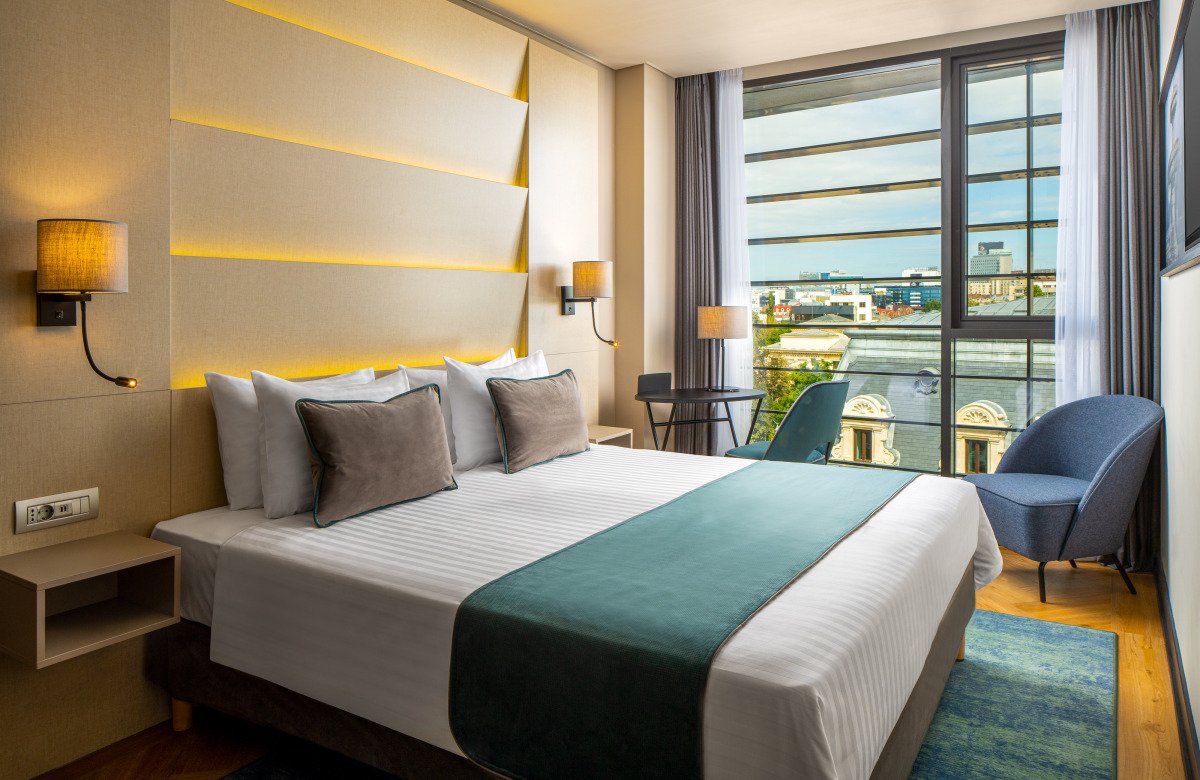Hotels have long stood as pillars of hospitality, offering travelers a temporary home away from home. These establishments are more than mere places to rest; they are carefully curated experiences that blend comfort, culture, and convenience. The hotel industry, with its rich history and continuous evolution, reflects broader social trends and the changing expectations of global travelers.
A Brief History: From Inns to Iconic Landmarks
The concept of lodging for travelers dates back thousands of years, with ancient civilizations establishing roadside inns and guesthouses. These early accommodations were simple, providing basic shelter and sustenance. Over time, the idea of the hotel transformed, mirroring advances in architecture, transportation, and societal sophistication.
By the 19th century, grand hotels emerged as symbols of luxury and modernity. The Ritz in Paris and the Waldorf Astoria in New York set new standards for opulence, service, and innovation. Today, hotels range from boutique properties brimming with local charm to sprawling international chains offering standardized excellence worldwide.
Defining the Modern Hotel Experience
Modern hotels cater to diverse tastes and needs, balancing comfort with technology and personalized service. Key elements define a compelling hotel stay:
-
Ambiance and Design: Thoughtful architecture and interior design create atmospheres that evoke relaxation, excitement, or cultural immersion. Whether a sleek urban high-rise or a cozy countryside retreat, the visual and sensory environment profoundly shapes guest experience.
-
Comfort and Amenities: High-quality bedding, climate control, and soundproofing ensure restful nights. Amenities such as spas, fitness centers, pools, and gourmet dining elevate the stay from ordinary to memorable.
-
Service Excellence: Attentive and discreet staff anticipate guests’ needs, offering personalized touches that transform a room into a sanctuary. From concierge recommendations to seamless check-in processes, service is a hallmark of hospitality.
-
Technology Integration: From keyless room entry to in-room smart controls and high-speed internet, technology enhances convenience and connectivity without detracting from the intimate ambiance.
Categories of Hotels: Catering to Every Traveler
The hotel landscape is vast and varied, designed to meet the needs of distinct traveler profiles. Understanding these categories helps guests make informed choices:
-
Luxury Hotels: Offering unparalleled comfort and exclusivity, luxury hotels focus on exceptional service, lavish decor, and bespoke experiences. They often feature Michelin-starred restaurants, designer spas, and personalized butler services.
-
Boutique Hotels: Known for their intimate size and unique character, boutique hotels emphasize individuality and local culture. Guests often find artful design, locally sourced furnishings, and a strong sense of place.
-
Business Hotels: Located near commercial hubs, these hotels prioritize efficiency and functionality. Meeting rooms, business centers, and reliable connectivity support the needs of corporate travelers.
-
Resort Hotels: Situated in leisure destinations, resorts combine accommodation with recreational facilities such as golf courses, water sports, and entertainment, creating all-encompassing vacation experiences.
-
Budget and Economy Hotels: Providing essential comfort and clean accommodations, budget hotels cater to cost-conscious travelers without sacrificing quality.
The Role of Hotels in Cultural Exchange
Hotels serve as cultural crossroads where local traditions meet global guests. Many properties celebrate regional heritage through architecture, cuisine, and service rituals. This cultural infusion enriches guest experiences, offering authentic encounters with the destination.
For example, ryokans in Japan emphasize traditional tatami rooms and communal baths, while Moroccan riads feature lush courtyards and intricate tile work. Such hotels act as ambassadors, preserving cultural identity while welcoming modern travelers.
Sustainability: The New Frontier in Hospitality
With growing environmental awareness, sustainable practices have become integral to the hotel industry. Eco-friendly hotels adopt strategies that reduce energy consumption, manage waste responsibly, and support local communities.
Key sustainable initiatives include:
-
Green Building Design: Utilizing energy-efficient lighting, insulation, and water-saving fixtures.
-
Local Sourcing: Serving locally grown food and partnering with nearby artisans to reduce carbon footprints.
-
Waste Reduction: Implementing recycling programs and minimizing single-use plastics.
-
Community Engagement: Supporting local economies through employment and cultural preservation.
Hotels embracing sustainability appeal to conscious travelers, blending luxury with responsibility.
Challenges and Innovations in the Hotel Industry
The hotel sector faces ongoing challenges, from shifting traveler expectations to economic fluctuations and global crises. Yet, these pressures have spurred remarkable innovation:
-
Personalization through Data: Leveraging guest preferences and behavioral data to tailor services and anticipate needs.
-
Hybrid Spaces: Incorporating coworking areas and multifunctional venues to accommodate remote workers and events.
-
Wellness Integration: Expanding wellness offerings beyond spas to include mindfulness programs, healthy dining, and fitness classes.
-
Contactless Services: Accelerated by recent health concerns, contactless check-ins and digital concierge services enhance safety and convenience.
Choosing the Perfect Hotel: Tips for Discerning Travelers
Selecting a hotel requires balancing location, budget, and desired experience. Here are some refined tips to guide travelers:
-
Research Thoroughly: Explore reviews, photos, and hotel websites to assess atmosphere and amenities.
-
Consider Location: Proximity to attractions, transportation, and safety are paramount.
-
Evaluate Services: Determine if the hotel offers the specific features you value, such as child care, pet-friendliness, or accessibility.
-
Book Directly: Often, booking through a hotel’s official site can provide perks like room upgrades or flexible cancellation.
Conclusion: Hotels as Gateways to Exceptional Journeys
Hotels are far more than transient stops; they are integral components of the travel experience. They offer refuge and inspiration, grounding guests in comfort while inviting exploration. The evolution of hotels mirrors humanity’s desire for connection, discovery, and refinement.
In the dance between tradition and innovation, hotels continue to redefine hospitality, crafting spaces where every traveler’s story can unfold with elegance and ease. Whether nestled in the heart of a bustling city or perched on a remote coastline, the right hotel transforms a simple stay into a cherished memory.

